According to Mr. Vuong Anh Duong, Deputy Director of the Department of Medical Examination and Treatment Management ( Ministry of Health ), one of the highlights of the Circular is the requirement to clearly state the dosage, number of times the drug is used per day and time of use.
Illustrative image. |
Instead of writing in general terms like “take 4 pills divided into 2 times a day”, doctors are required to write down specifically how many pills to take each time, at what time of day. This helps patients use the right medicine, the right dose, limit confusion or missed doses, thereby improving treatment effectiveness.
“This is a technical addition to increase clarity and safety for drug users, although the principle of prescribing doses for each use has existed before,” said Mr. Duong.
Another notable point is that from October 1, 2025, all hospitals nationwide will be required to implement electronic prescriptions. From January 1, 2026, this regulation will be mandatory for all medical examination and treatment facilities, including primary health care facilities and private clinics.
According to Mr. Duong, when the electronic prescription system is connected to the drug sales system, patients can only buy drugs according to the prescribed prescription. The system will control the sale of drugs, detect cases of selling incorrect prescriptions or exceeding the prescribed quantity.
Electronic medical records will help monitor patient health status throughout, effectively serving the treatment process, especially for people with chronic diseases.
Acknowledging that synchronous implementation in remote areas will be difficult, Mr. Duong said that the Ministry of Health has been organizing training sessions, technical support and communication to help people and medical staff access the new system more easily. In the coming time, software and technology infrastructure will continue to be updated, with priority given to supporting grassroots medical facilities.
“Standardizing prescriptions and implementing electronic health records not only helps to ensure transparency and clarity in prescribing and using drugs, but also brings long-term benefits to people in protecting and taking care of their health,” Mr. Duong emphasized.
Circular 26 also requires prescriptions to include identifying information fields such as citizen identification number, passport number or personal identification number. This is an important step to synchronize medical data with the national population database in accordance with the spirit of the Government 's Project 06.
Mr. Duong said that the integration of identification numbers helps simplify administrative procedures, reduce errors in prescriptions, and is also the foundation for building a unified electronic health record for each citizen. Thanks to that, continuous health care and medical information management become easier and more effective.
In addition, the Ministry of Health also has stricter regulations on the management of addictive drugs, psychotropic drugs and precursor drugs, groups of drugs that are particularly sensitive and susceptible to abuse in Circular 26.
Specifically, in Article 12, the Circular clearly stipulates that when a patient no longer needs to use the medicine, does not use up all the medicine, or dies, the patient or legal representative must return the remaining medicine to the medical facility that dispensed it. The medical facility is responsible for receiving and handling the medicine according to regulations, ensuring that it is not lost or released to the market.
At the same time, local Health Departments are tasked with ensuring the legal supply of these drugs to serve the legitimate treatment needs of the people, avoiding drug shortages or having to use drugs of unknown origin.
This regulation aims to specify the revised Law on Pharmacy in 2024, strengthen control of special drugs, both ensuring patient safety and preventing the risk of trafficking and misuse.
Source: https://baodautu.vn/day-nhanh-tien-do-ke-don-thuoc-dien-tu-d322961.html











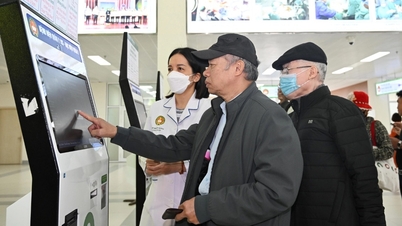
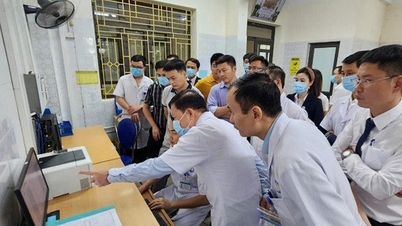




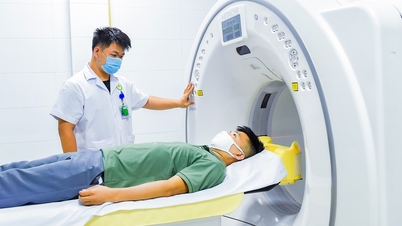























![[Video] The craft of making Dong Ho folk paintings has been inscribed by UNESCO on the List of Crafts in Need of Urgent Safeguarding.](https://vphoto.vietnam.vn/thumb/402x226/vietnam/resource/IMAGE/2025/12/10/1765350246533_tranh-dong-ho-734-jpg.webp)

































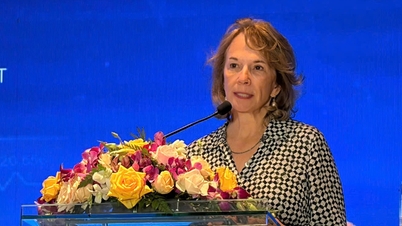


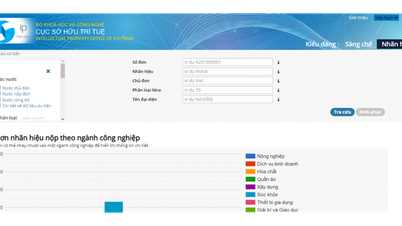



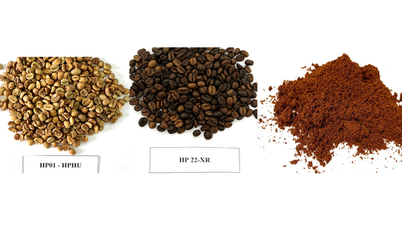
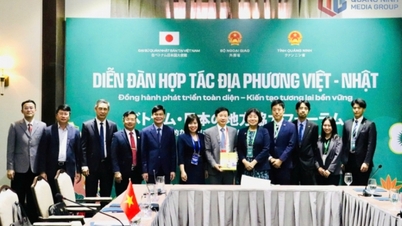



























Comment (0)